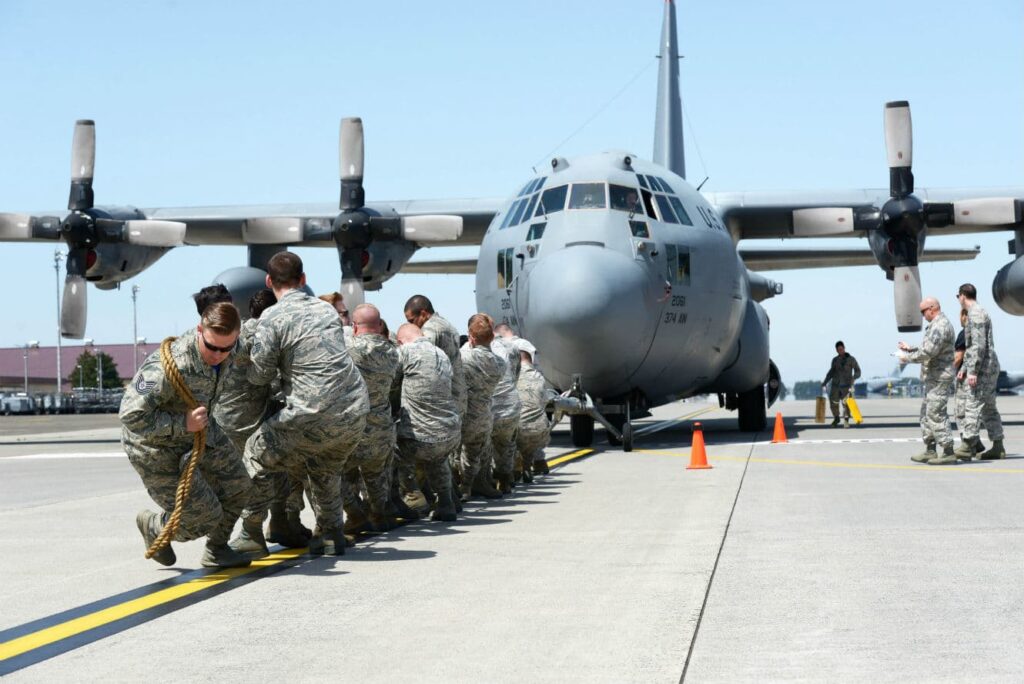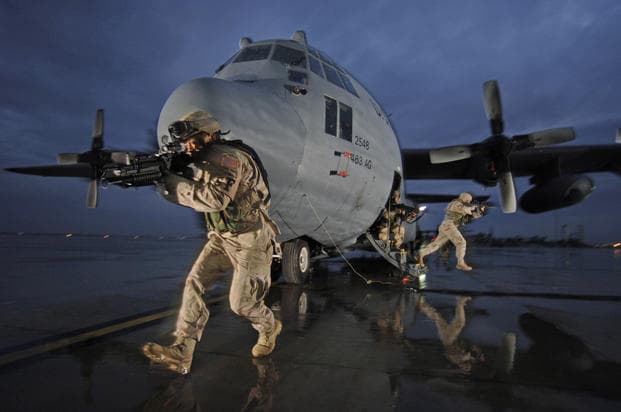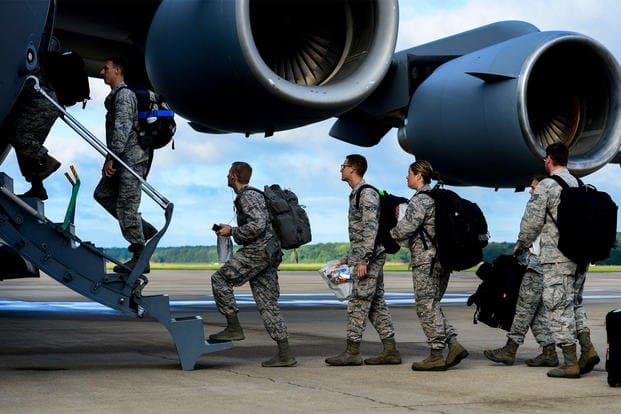Air Force benefits include the chance to advance your career by taking on leadership roles and gaining valuable professional experience in sought-after careers. In addition, enlisted airmen can earn college degrees through the Community College of the Air Force and receive tuition assistance (TA) worth up to $250 per semester hour with an annual cap of 124 semester hours for a bachelor’s degree or 42 for a master’s. The education services office on your base can help you get started.
Other Air Force benefits include financial programs, health and wellness services, legal services, insurance options, and more. In addition, you can save money with discounts at commissaries and tax-free department stores, commonly referred to as exchanges. Life on an Air Force base gives you plenty of opportunities to grow as a person and become part of a close-knit community. You can enjoy hotel-quality housing and access to entertainment, restaurants, and shops that offer discounted prices for military personnel. There are also free, confidential counseling services and social events for service members and their families.
What Benefits Do the Air Force Get?
Air Force benefits include competitive compensation, outstanding opportunities for travel, free or low-cost medical and dental care, free and tax-free living expenses (based on rank and geographic location), shopping privileges at military exchanges and commissaries, education assistance, career-broadening programs, and more. The service branch also provides family support centers that offer services such as assistance with transitions and moves, classes, and support groups covering many different topics. The Air Force Reserve offers benefits similar to those of the regular Air Force. Reservists may earn bonuses up to $20,000 and have access to affordable healthcare and retirement planning that will give them peace of mind for the future.
Air Force Reserve members also have access to a number of additional benefits, such as discounted shopping at military exchanges and commissaries, low-cost insurance, financial management assistance, child development centers, and youth activities. Learn more about what the Air Force Reserve has to offer by speaking with a recruiter. You can find your nearest recruiter using the AFnet application. You can also visit the Air Force Reserve website to get more information about the service.

What Happens After 4 Years in the Air Force?
Most first-term enlistments involve a four-year active duty commitment and two years in the Individual Ready Reserve (IRR). However, some services offer enlistment options with two-, three-, and six-year active duty service commitments. Currently, Air Force recruits are given the option of signing up for either four or six years. They get the same GI Bill benefits whether they do four or six years. However, it’s usually better to do six years if you are relatively sure that the military is what you want to make a career of. The reason is that when you enlist for six years, you will start out as an E-1 instead of an E-2. That means you will be promoted to staff sergeant about a year later than someone who did four years.
This is important if you are considering security forces or another job that will send you overseas regularly. That extra time in rank could mean more money over the course of your career. Plus, if you do six years, you will be eligible to apply to retrain into a different job two years earlier than somebody that did four years.

How Much Does the Air Force Pay a Month?
Air Force pay is based on a variety of factors, including location, rank, and time in service. Generally, an enlisted service member in pay grade E1 will earn around $10,154 a month before taxes and allowances.
Those on military base duty can save on food costs by taking advantage of the commissary and post exchange (PX). Basic allowance for housing (BAH) is designed to cover the cost of renting or buying an average 2-bedroom home in the area where the service member lives, while overseas BAH rates take into account the local cost of living.
In addition to base pay, many enlisted troops receive additional compensation and allowances such as clothing, dental and medical insurance, maternity uniforms, and family separation allowance (FSA). An officer with more than 17 years in service can expect to make around $117,760 a year before promotion to brigadier general or rear admiral.
